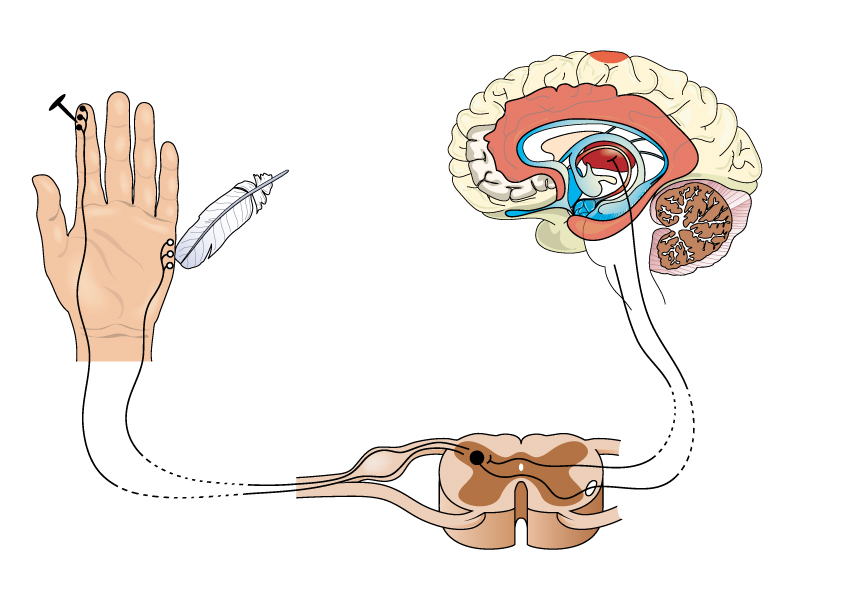Stress is the psychological and physiological response to an event that one perceives as a threat or challenge. It can affect sensory perception, metabolism, mobility, emotional regulation, cognition, immunity, oxygenation, and perfusion.
The perception or anticipation of a threat activates 3 major physiological systems: the hypothalamic-pituitary-adrenal (HPA) axis, the sympathetic nervous system, and the immune system. These systems release molecules that bind to specific receptors and cause changes throughout the body.
Stress causes the release of cortisol from the adrenal cortex (outer part) while epinephrine and norepinephrine are released by the adrenal medulla (inner part). Cortisol is the main stress hormone and acts on the pancreas, muscles, liver, and adipose tissue. High cortisol levels shut down the release of hormones related to stress, resulting in a negative feedback loop. Epinephrine, commonly known as adrenaline, plays an important role in the body’s fight-or-flight response. Norepinephrine increases alertness, attention, and arousal.
The general adaptation syndrome is a model that describes how the body responds to stress. It consists of 3 phases: alarm reaction, resistance, and exhaustion. In the alarm reaction phase, the body prepares for the cascade of physiologic responses and the body’s defenses are triggered. The body attempts to move towards homeostasis (balance) in the resistance stage. In the exhaustion stage, energy and resources become depleted if the body cannot maintain its adaptation to the stressor.
What can chronic stress lead to?
- Health risk behaviour such as physical inactivity, substance use, and sleep deprivation
- Primary outcomes such as cardiovascular, metabolic, and immune system problems
- Secondary outcomes such as depression, anxiety, obesity, and diabetes
- Health consequences such as functional decline, premature aging, and early death
At the cellular level, the response to stress can cause apoptosis (programmed cell death) and necrosis (premature cell death).
The Boom Health app allows you to manage your loved one’s home care in one app and takes the stress out of organizing care. Download the app on the App Store or Google Play Store.
This article is not intended to be a substitute for professional medical advice or diagnosis. Always seek the advice of your physician or another qualified health provider with any questions you may have regarding a medical condition.





